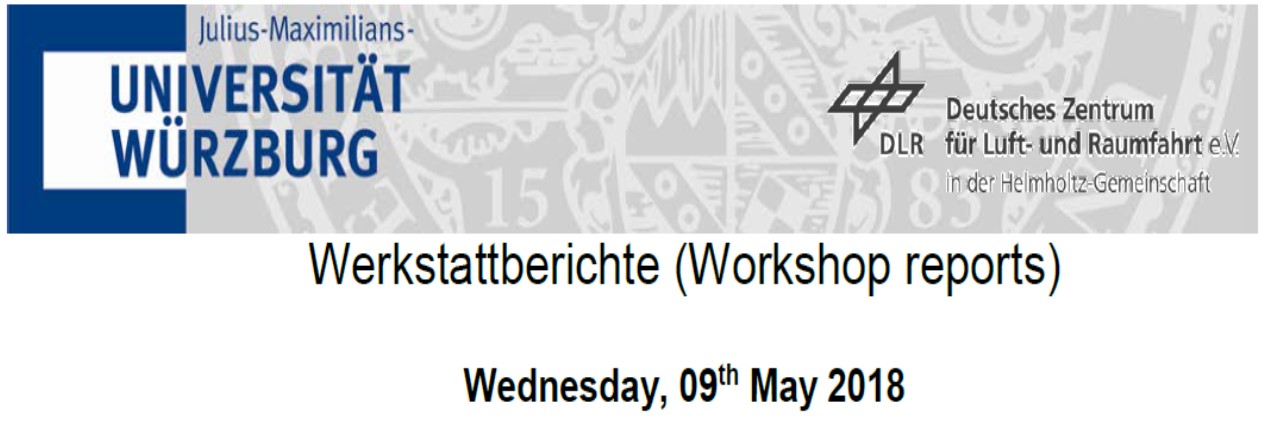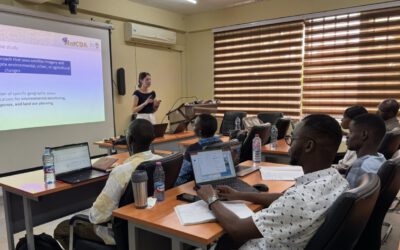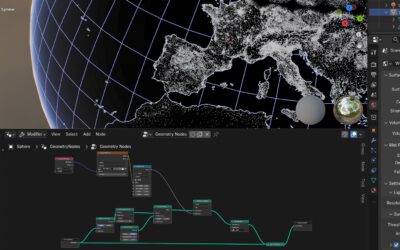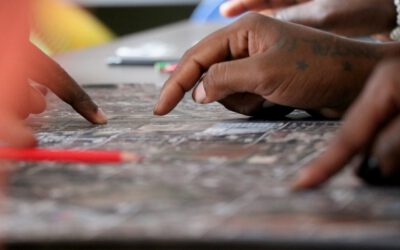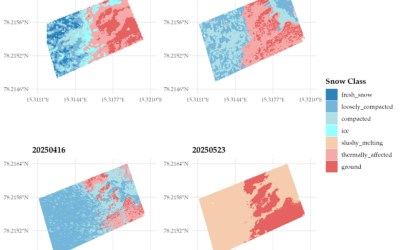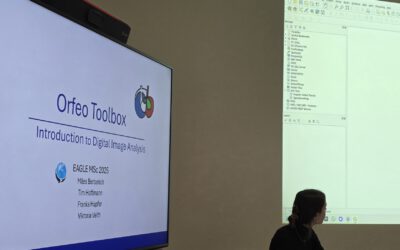We are glad to announcing two upcoming workshop reports at the department for Wednesday, 09th May 2018.
First presentation will be about
Small mammals in a changing landscape: monitoring communities from local to broad scale
by Chiara Paniccia, a PhD student from Environmetrix Lab, Department of Biosciences and Territory, University of Molise, Italy.
Abstract Small mammals are an extremely diverse, non-taxonomic group, which provides important ecosystem services and functions (i.e. seeds dispersal, pollination, nutrient cycling, etc.). Most research on small mammal decline has focused on limited spatial and temporal scales, especially in the Mediterranean region. To better understand this process and its causes, a broader spatio-temporal approach is needed. This research aims at investigating how small mammal communities are affected by human activities, e.g. land-cover modifications, in space and time. At a fine-scale, the effect of different forest management practices on the occurrence of two sympatric species of arboreal rodents in an Apennine deciduous mountain forest was explored. At a broad-scale, the effect of landscape composition and configuration (measured by landscape metrics) as well as their changes on small mammal communities (species richness, diversity and functional diversity) will be focused. For this purpose, a recent extensive dataset on the distribution, abundance and traits of small mammals derived by owl pellets (OpenMICE – Paniccia et al. submitted) and covering a 30-year time span is used. As expected results, the study will provide insights into the complexities of small mammal responses to habitat change, with an emphasis on community-level changes, also representing a baseline to predict shifts and trends under future scenarios.
Second presentation will be about
Opt4Env – Lessons learnt
by our colleagues Ruben Remelgado and Martin Wegmann (Department of Remote Sensing, University of Würzburg).
Abstract Remote sensing is an important tool in the study of animal movement and gained a dominant role in the scope of movement ecology. With the rapid development of satellite data processing technologies, the use of remote sensing got accessible to a wide range of practitioners and it has become a cornerstone in animal behaviour analysis providing an insight into animal-environment interactions. However, linking animal movement and remote sensing is not an easy task. Differences in temporal and spatial scales between both datasets make their direct link difficult, while external factors such as changing atmospheric conditions make the continuous monitoring of environmental conditions at the temporal scale on which movement data is collected impossible. Moreover, while movement ecologists commonly use remote sensing data, the chosen methods are far from the state-of-the-art. However, before narrowing this technical gap between both disciplines, we first require interdisciplinary approaches capable of bridging satellite and tracking data. Opt4Environment explores this link aiming to develop advanced, consistent remote sensing methodologies that integrate animal tracking data.
Presenters: (1) Chiara Paniccia and (2) Ruben Remelgado and Martin Wegmann
Date: Wednesday, 09th May 2018 Time: 10 – 12 am s.t. Place: Josef-Martin-Weg 52 (1), Campus Hubland Nord, Würzburg
Presentation language: English Slides: English
All interested persons are cordially invited! We are looking forward to seeing you.

